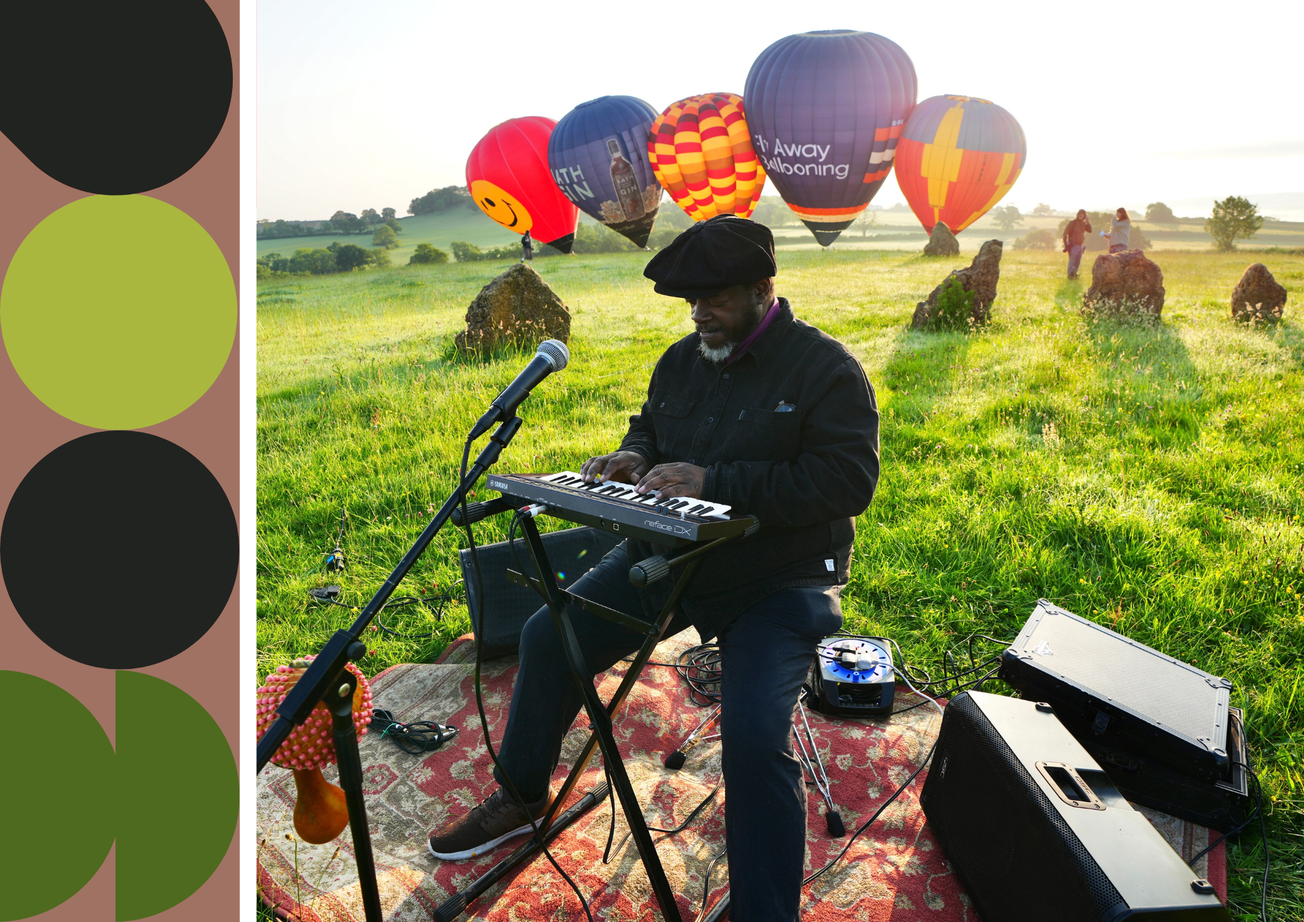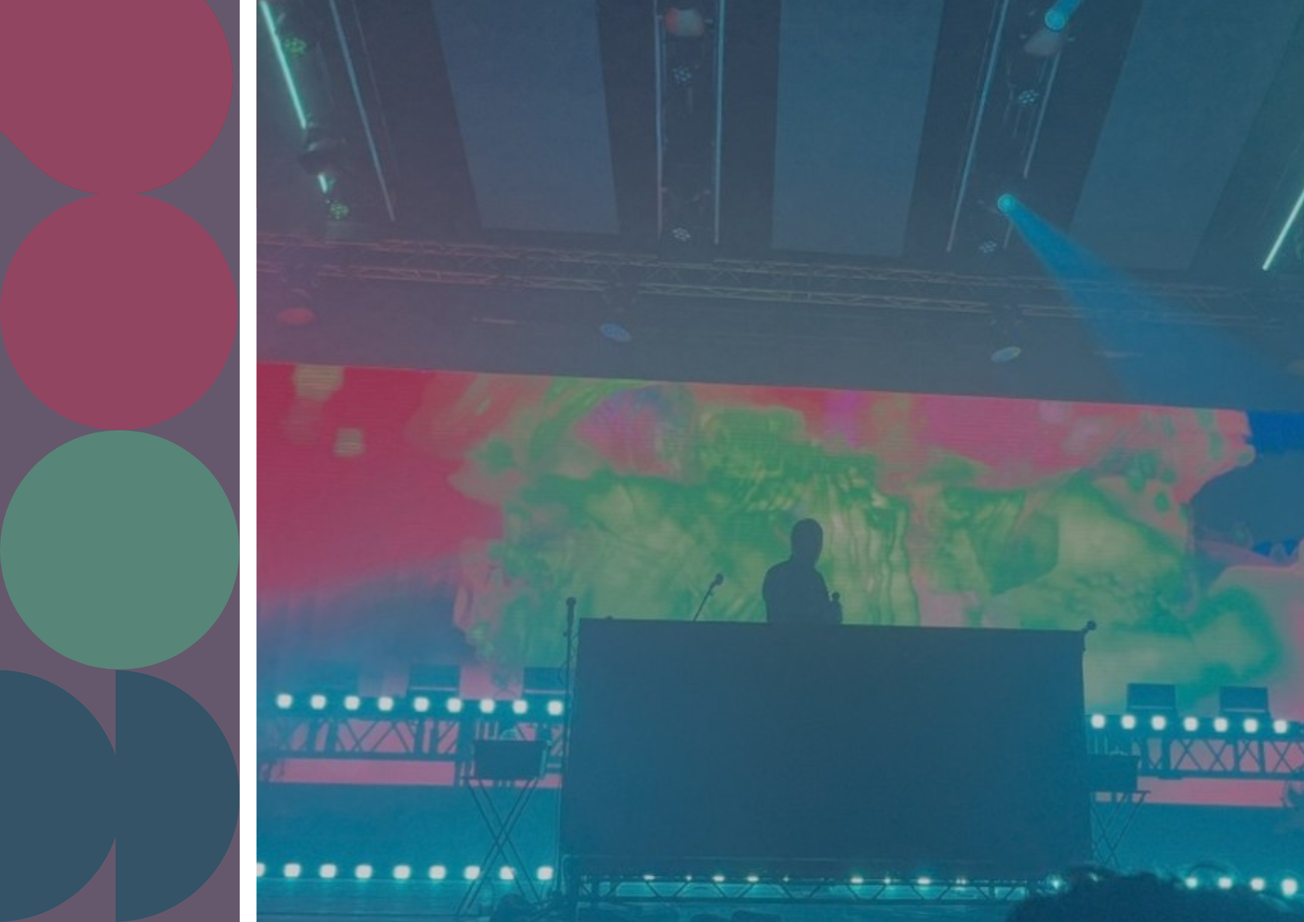By Evie Gifford, Second Year, English
Trigger warning: references to sexual harassment/assault in the series
The new limited TV series The Power (2023) is an adaptation of the award-winning dystopian and sci-fi novel by Naomi Alderman (published in 2016). It has premiered on Prime Video with the release of its first three episodes, which have so far done the novel justice.
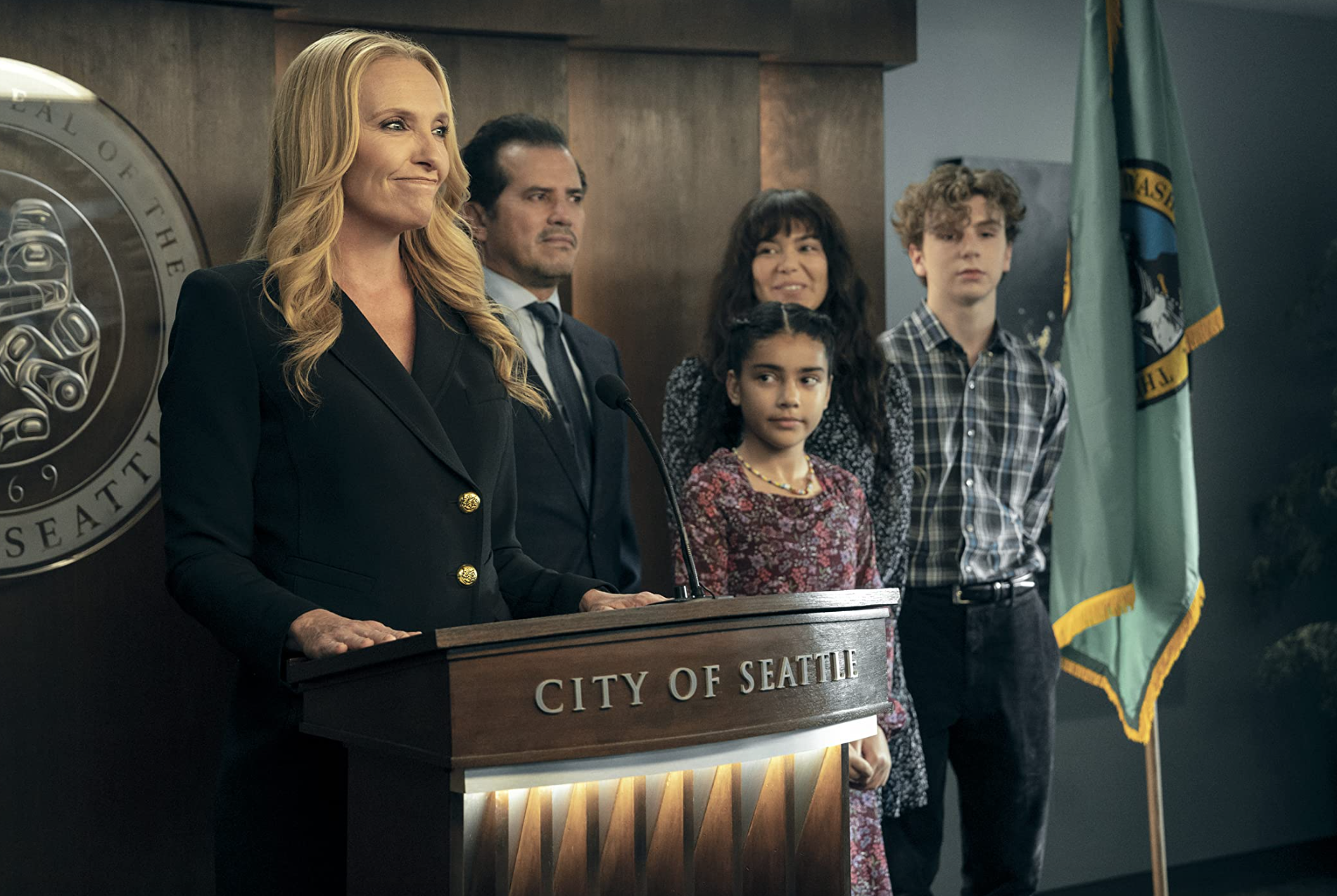
The first episode introduces a world where teenage girls can harness electricity that shoots out of their hands. The series follows three young women from around the world who are discovering this supernatural ability within themselves.
Some girls release this power when they feel scared or vulnerable, some ‘spark’ when they are angry, and some can control it and use it as a weapon at their will. The action that unfolds is driven by the world trying to terminate this harmful, growing phenomenon.
Alderman’s original novel employs a polyphonic narrative, meaning chapter by chapter, the focus jumps between the stories of these teenage girls and those witnessing the spreading of this power. Whilst some book-to-screen adaptations struggle to accommodate this narrative style, this series successfully replicates switching between each separate character’s story multiple times per episode. Smooth but clear distinctions lead the viewer through these changes without confusion.
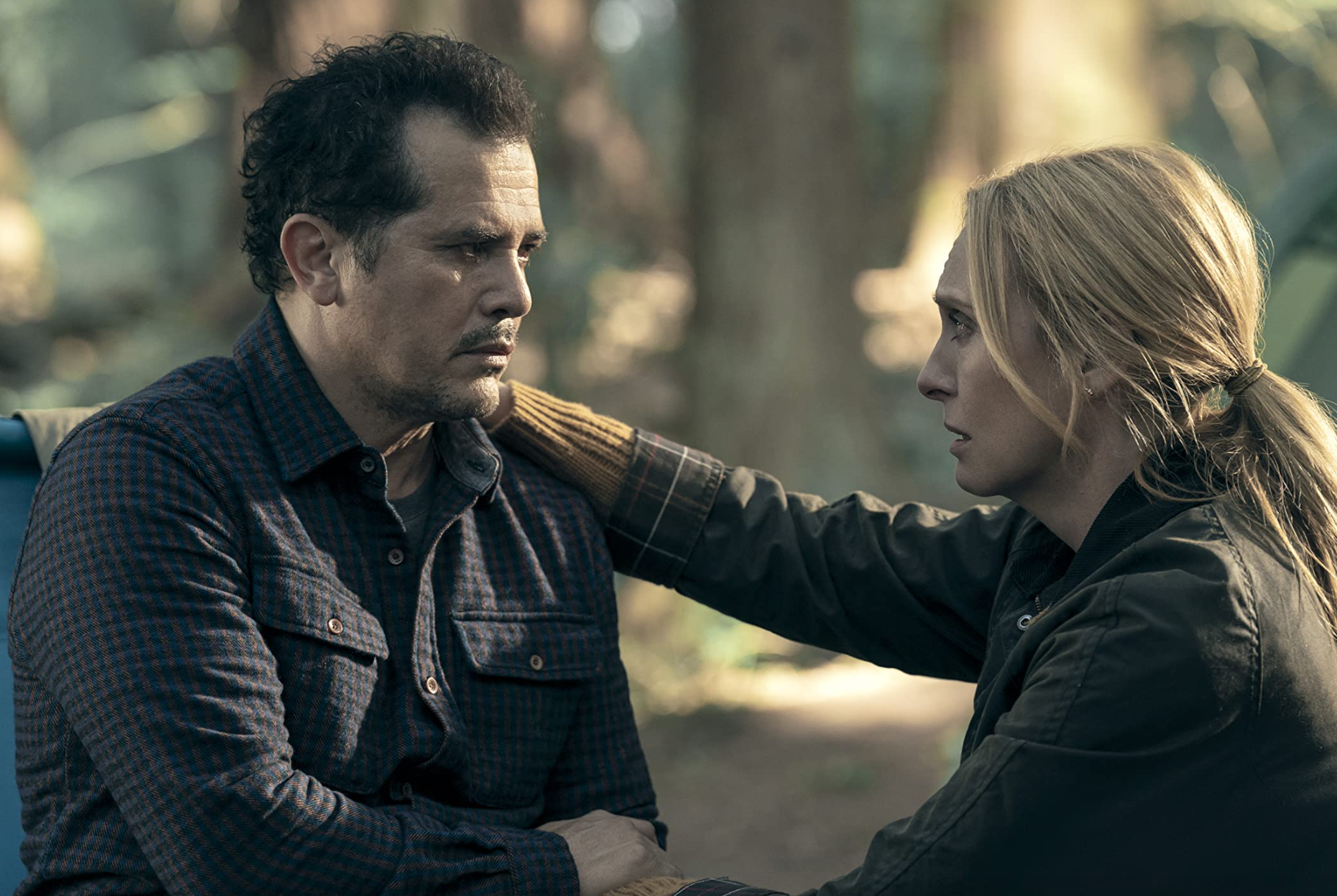
Out of these multiple characters, we first meet Allie (Bush), a black foster child in a white American household. She is othered in her environment and deeply struggling until she hears a female voice inside her head that becomes her guide and informs her of her power.
Next, the focus switches to Roxy (Zmitrowicz) – a chaotic girl from London with thick black eyeliner and an attitude. Her electricity is revealed through her frustration towards her father, who favours his sons and fails to acknowledge her existence.
The final girl central to the story is Jos (Cravalho). She is a seemingly normal American teen trying to navigate her way through high school and relationships with her family whilst burdened by her fear of her newfound power.
Lastly, the show also dips into the world of the sole male central figure, Tunde (Jimoh), an aspiring Nigerian journalist who documents a sighting of female electricity.
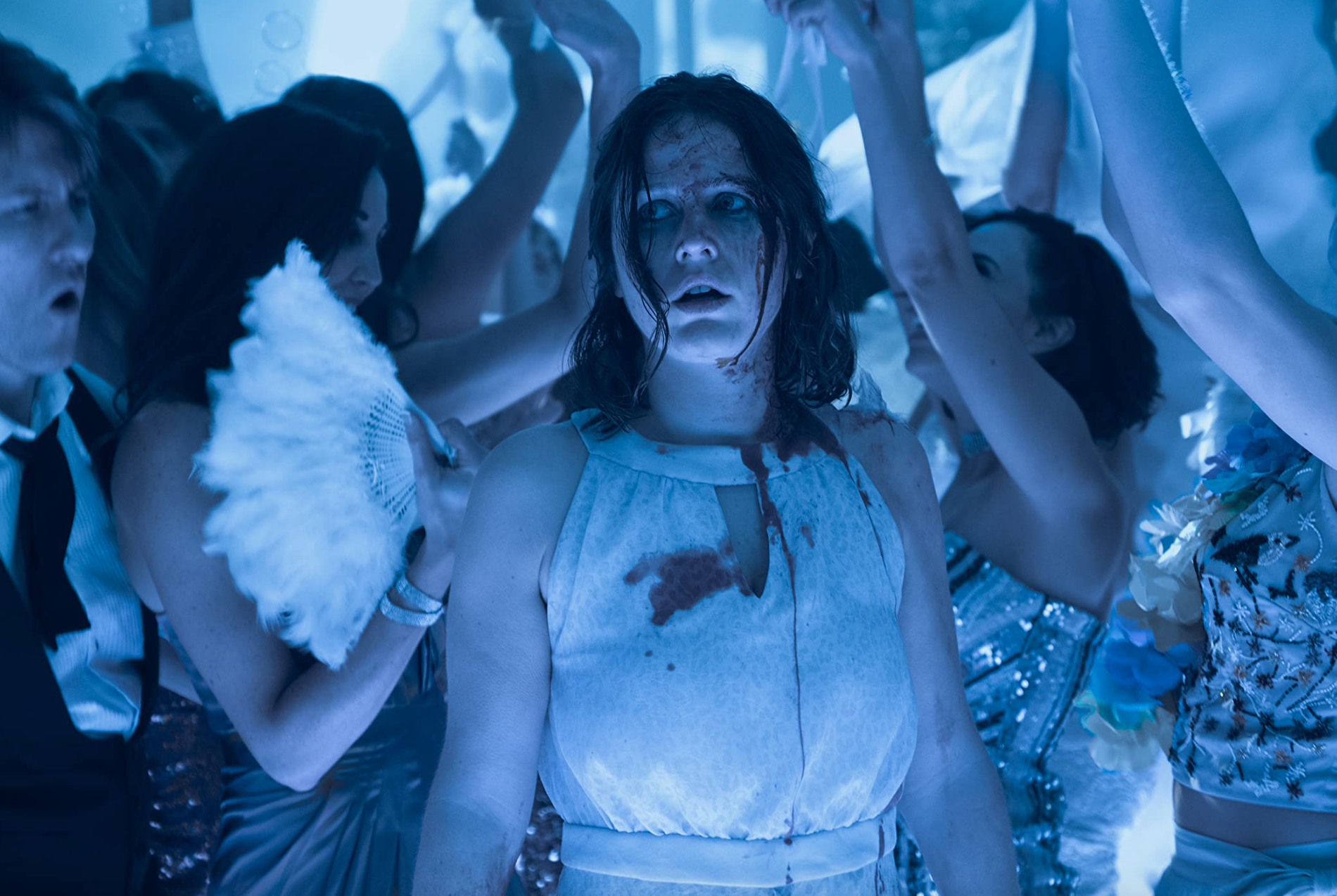
All of these focal characters exist in different locations and cultures. Placing these young people who are all experiencing the same thing in different settings not only elucidates their cultural difference and identities but unites them.
Aside from the supernatural and the extraordinary, The Power exhibits its strength in addressing real issues that women face in contemporary society. Margot (Collette), the Mayor of Seattle, becomes key in exploring this. When she reaches out to the male governor for professional help concerning instances of female electric power, she is patronisingly told to ‘calm down’ and to not ‘get her panties all in a bunch’.
Her role illuminates the prevalent issue of casual misogyny in the working sphere. She later says that if she looks too angry for one second, she is automatically labelled as ‘emotional, irrational, hysterical and totally unelectable’. This is evidently a show with female rage at its heart that reacts to these ordinary issues in an extraordinary way.
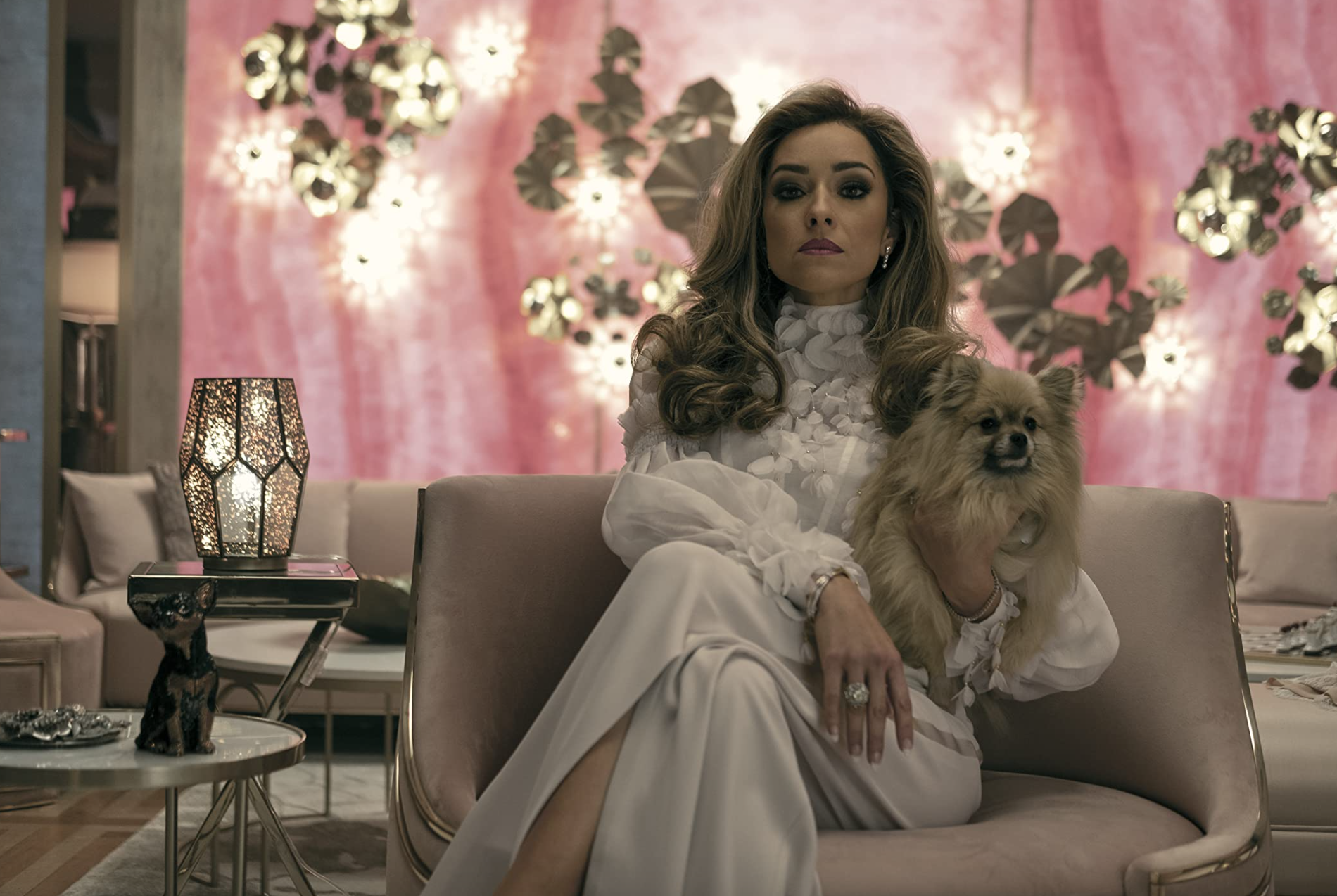
The series can also be commended regarding its artistic aspects. The violent and dynamic descriptions in the novel are well translated onto the screen through the impressive special effects of the lightning-like sparks of electricity and their consequential bodily damage. Many of the shots play with sunshine, natural light and shadow, which blends the gripping action with aesthetic visuals.
As the electric power proceeds from the girls’ fingers, the camera often focuses on hands in the foreground to artistically establish them as the lasting symbol of the show. The first three episodes of The Power already showcase and celebrate a diverse range of young female talent in its cast and are so far well produced.
This series is worth the watch as its premiere promises even more drama and action to come as the titular ‘power’ begins to grow and change the world.
Featured Image: Katie Yu, Amazon Studios and IMDB
Do you think this series is a good adaptation of the book?








